An adorable, giddy baby bounces on her mother’s lap. Occasionally babbling in her pretty black polka-dotted dress. Her mother gently kisses and wiggles her on her lap as they play and giggle together. The mother is 22-year-old Grace Kaingu.
Grace comes from Kilifi County, a coastal county in Kenya with high poverty levels. Primary school enrolment commences as late as ten years with high dropout rates due to high poverty levels. In 2020 during the pandemic, the county sent shockwaves across the country when 17,000 cases of teenage pregnancies were reported.
Grace was in form two when she wondered why she had missed her menstrual period. So she went to her local dispensary in Ganze constituency in rural Kilifi.
Her fears were confirmed; she was pregnant. She told her parents, who promptly informed her to marry the young man who impregnated her. He had also dropped out of High School.
“My parents said they would no longer pay my school fees even after birth. I was a married woman with a husband to take care of me.” Grace recalls.
On Thursday, 28 July 2022, Grace joined 23 other schoolgirl mothers like herself as part of the Moving the Goalposts Binti Program. The word binti means girl in Swahili. The program is a support group for schoolgirl mothers to learn about their reproductive healthcare and rights, motherhood, prenatal and postnatal care and receive skills training to find sources of income to care for themselves and their children.
“From today’s session, I have learnt there are other contraceptive options I would like to try. The ones who don’t have such harsh side effects as the ones I have used.” Elvins Zawadi, 18, a member of the Binti Group, is quick to point out.
After birth 14 months ago, she quickly took contraception to avoid another unwanted pregnancy. But experienced excessive bleeding, for three months, from injectable contraception. Until the meeting, Elvins was unaware of any other contraceptive options.
James Lewa, the nurse-in-charge at the Dida Dispensary, where the meeting is held, paces around the circle of seated schoolgirl mothers pointing out various forms of contraception. He quickly points out the need for contraception uptake with an analogy.
“It’s not just boys who feel hungry; so do young women; it is natural to feel hungry. When you are hungry, you don’t starve yourself; you eat. But you need to ensure you eat properly without causing harm to yourself.”
Some girls cover their faces with their lesos as they giggle; others cackle and nod in agreement.
“Contraceptives are important for you, and you should take them as soon as you give birth to avoid the chance of getting pregnant. And with the various options I have mentioned, such as using condoms, some not all, help prevent the spread of STIs and AIDs.” James continues.
James has worked as a nurse for over a decade, and in the last two years, he has worked at the Dida Dispensary. He was alarmed that there were 60% higher numbers of teen pregnancies at the dispensary than at the previous health facility he worked just three kilometres away.
He saw the need to commence health talks at the facility to increase awareness of consent, sexual and reproductive health information and rights, gender-based violence, nutrition, maternal and child health, and care.
“When we say a girl is pregnant, she is not alone. The boy is involved too.” James emphasises.
The talks also started to involve parents, “those husbands these girls and young women have, and their parents play a vital role as decision-makers.”
The care of girls and young women with early pregnancies is an essential communal effort with a lot of education required in the community.
Moving the Goalposts works closely with health facilities across the coastal counties of Kilifi, Kwale, Mombasa and Tana River. It provides access to girls and young women in rural and urban communities through the Binti programs, which currently reach 193 young mothers.
“Most of these young mothers think their pregnancy or child is the end of their schooling. But with each session, as we encourage them, guide them, and continue to provide more information on family planning and income generation, their attitudes start to change.” Irene Mambo, Sexual and Reproductive Health Rights Officer, Moving the Goalposts, points out.
Grace is determined to return to school as soon as she can raise tuition and find a caregiver during the day for her daughter.
“I want to get a university degree and expand my education to become a nurse to help women who struggle.” She enthuses.
Elvins also has some advice for girls in her community.
“I would advise young girls to use contraceptives if they are sexually active and ensure they know their sexual and reproductive rights. That way, you can stay in school and realise your dreams.”
Elvins has her eyes set on a promising future.
“Family planning will help me prevent pregnancy to ensure I realise my dreams and complete my education. I am determined to find school fees to pay for the rest of my education to become a neurosurgeon.” Elvin concludes.


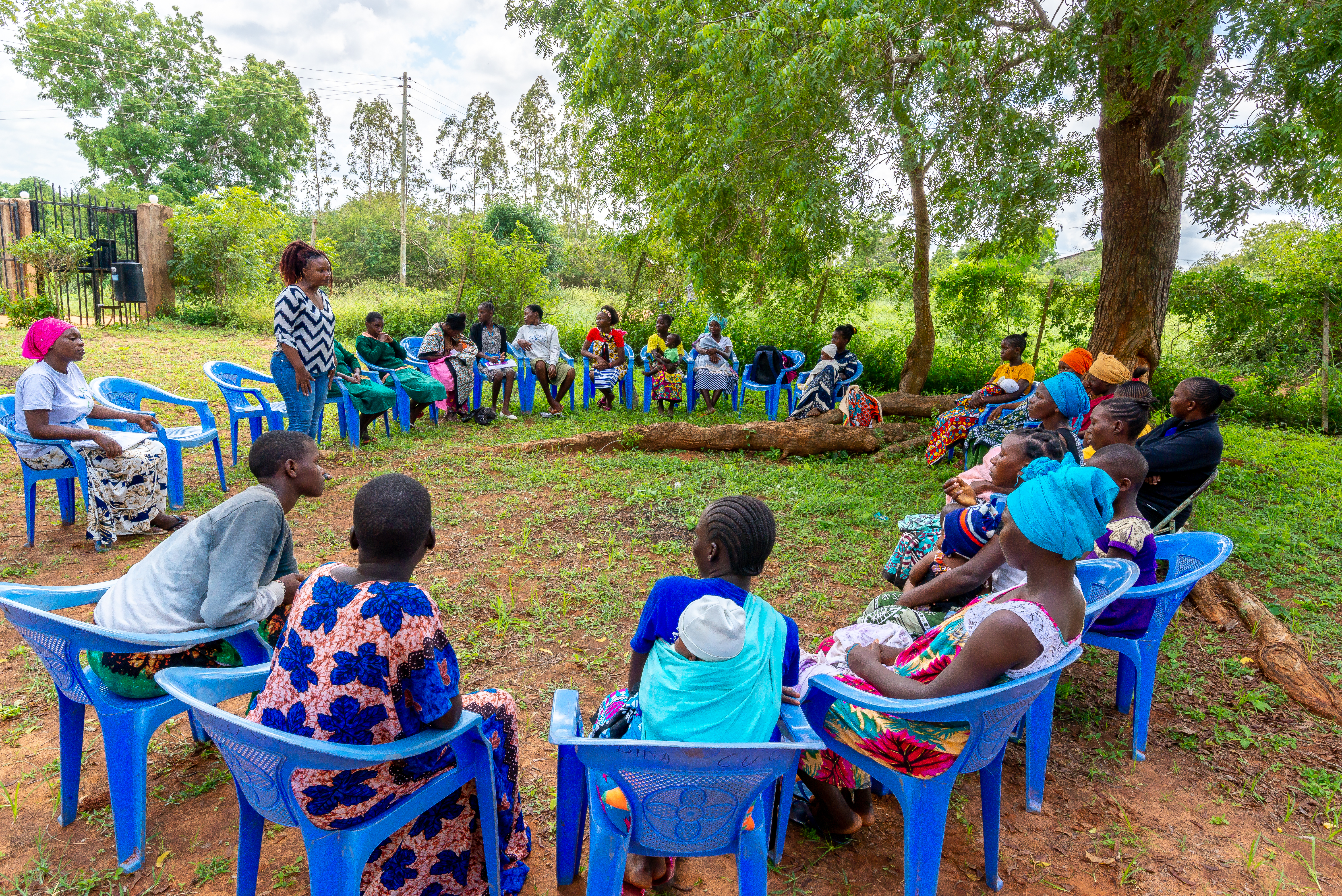
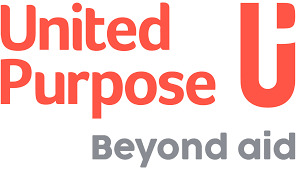

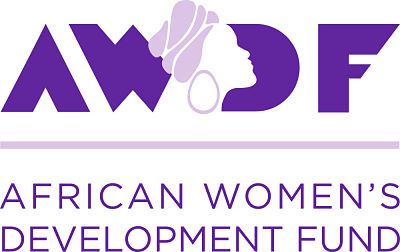


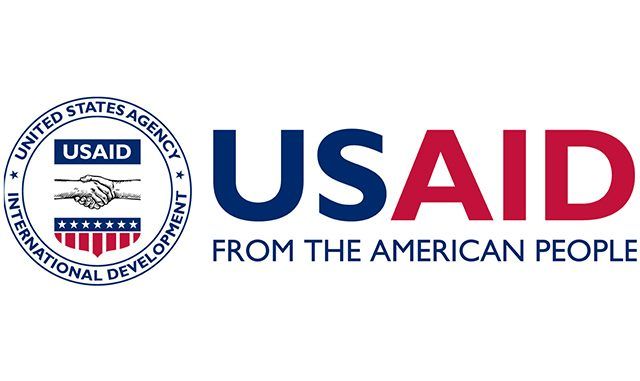
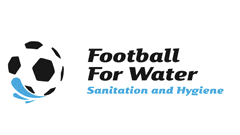

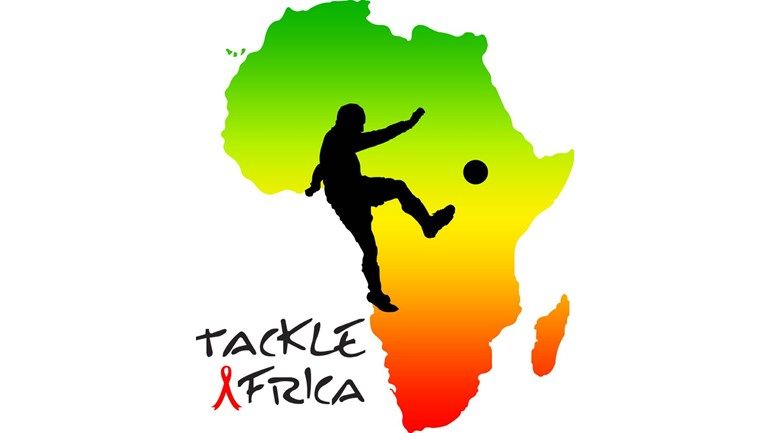

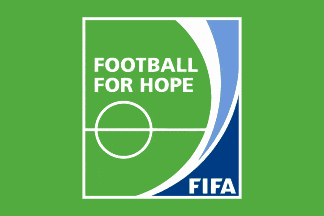
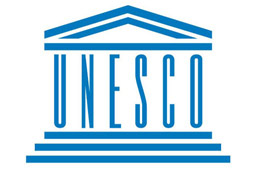
COMMENTS